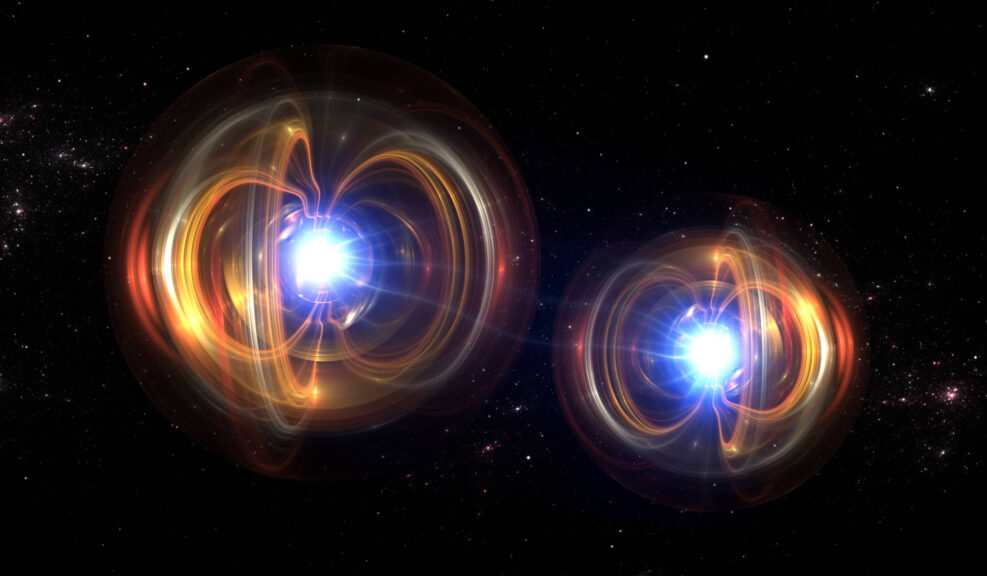
The Final Ambiguous Truth About Schrödinger’s Cat
Schrödinger came up with the cat illustration to explain quantum mechanics to interested people who were not physicistsIn last week’s podcast, “Enrique Blair on quantum computing,” Walter Bradley Center director Robert J. Marks talks with fellow computer engineer Enrique Blair about why quantum mechanics is so strange. Inevitably, the discussion turned to what really happened with Schrödinger’s cat, the one who is either dead or alive only if we actually look at it. https://episodes.castos.com/mindmatters/Mind-Matters-110-Enrique-Blair.mp3 [Schrödinger’s cat starts approximately at 21:50.] The Show Notes and transcript follow. Excerpts from the transcript: Robert J. Marks (pictured): We hear a lot in popular culture about Schrödinger’s cat. Now, Erwin Schrödinger (1887–1961) was one of the guys who formulated quantum mechanics. He won a Nobel Prize for it. He was trying to explain quantum mechanics to a layperson and he used Read More ›


















